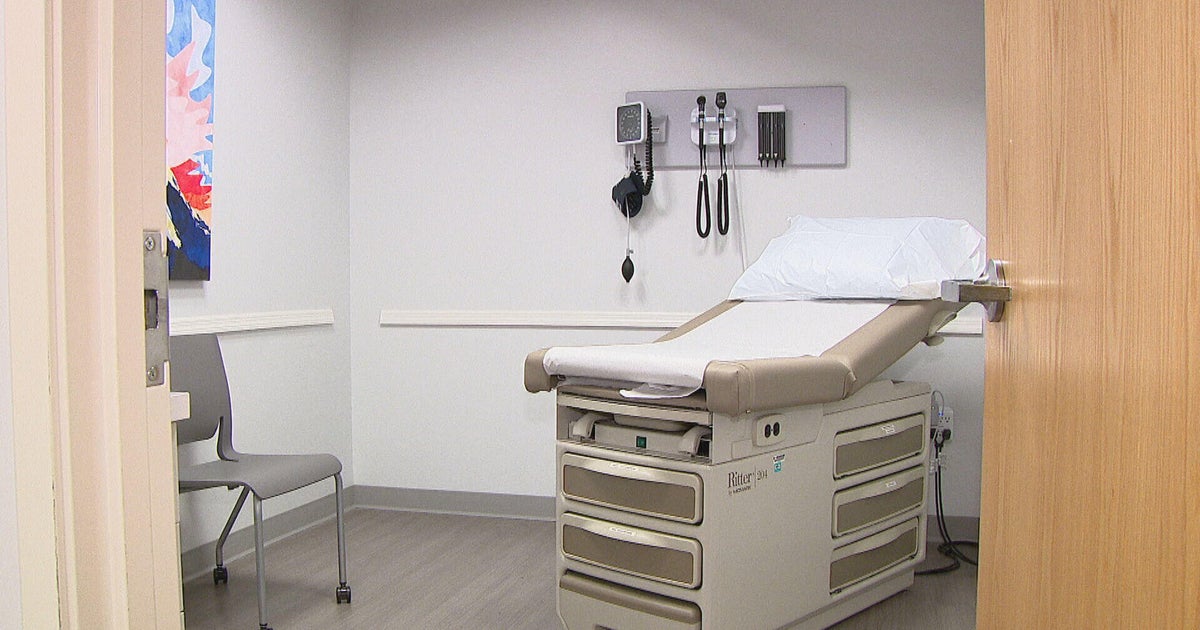Overusing disinfectants can contribute to health problems, study finds
BALTIMORE -- Many of us use disinfectants to clean our homes and workplaces, especially since the onset of the coronavirus pandemic. But a new study says we may be using them too much, and it could affect our health and environment.
Whether it's wipes or sprays, we use a slew of cleaning products to keep bacteria at bay. But a new study published in Environmental Science and Technology says it may be time to cut back on overcleaning.
Most cleaning products and antibacterial soaps contain what's called QACs. It's the active ingredient that kills bacteria, fungi and viruses, but too much of it is not good for your health, the study said.
"There also very effective but they're overkill and they can be irritating to our skin." said Dr. Mark Olszyk with Carroll Hospital. He says overcleaning is not only potentially toxic - it could lead to resistant bacteria.
"So you're courting the ones that have the built-in resistance and now you have the opposite of what you intended," he said. "You want to get rid of bacteria. Instead, you made this very highly resistant species of bacteria. That's something you really want to avoid."
The one method that the doctor says stands the test of time? Just some soap and water.
The things you need to clean yourself in the shower are just as effective in your home, Olszyk says.
"If it's good enough to take care of you in those situations then it's good enough for food preparation surfaces, the bathroom, the kitchen and anywhere else," he said.
Besides, using fewer cleaning products would cut down on waste at the landfills and prevent any exposure that could harm wildlife, plants, and insects.







